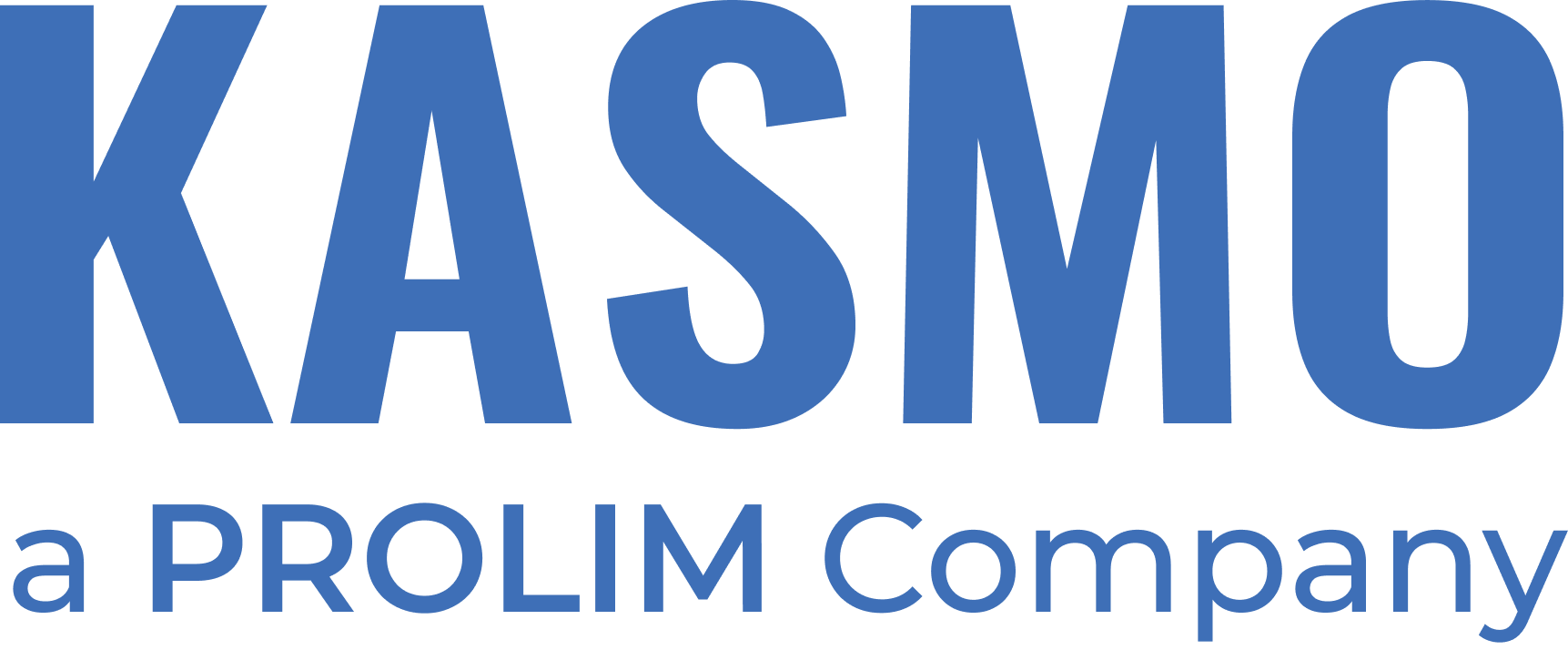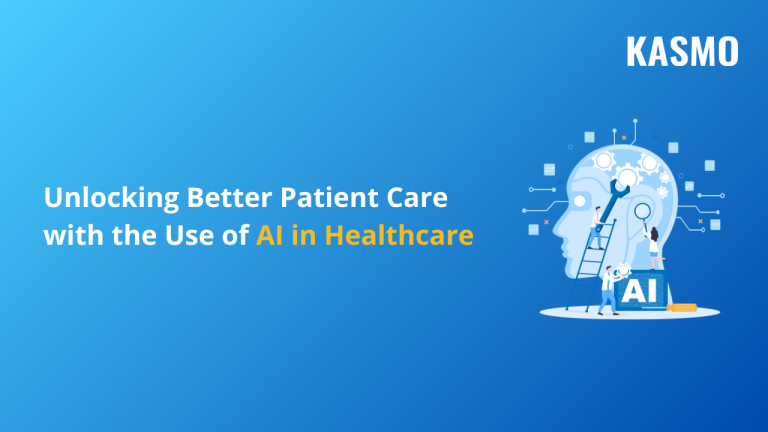How the Use of AI in Healthcare Will Transform Customer Journey
For most patients, interacting with the healthcare system is often stressful, confusing, and time-consuming. Due to several navigating appointment systems, decoding test results and managing chronic illnesses at home, many patients don’t look forward to interacting with healthcare organizations. However, the use of AI in healthcare organizations is changing the patient’s experience by simplifying interactions, increasing accessibility, and offering real-time, personalized support across the entire healthcare customer journey.
 Source: Statista
Source: Statista
As more healthcare service providers adapt AI and AI-powered tools, conversational AI tools like chatbots or voice assistants are now helping patients understand medical jargon, track their health conditions, and stay aligned with treatment plans. This not only reduces the burden on healthcare professionals but also empowers patients to take a more proactive role in their care.
Now, many patients are enthusiastic adopters of AI tools, especially for learning about and managing healthcare services. This drives healthcare providers to invest more in AI-powered solutions that enhance the healthcare experience for patients.
Despite growing interest, healthcare organizations need to use AI with care. Ethical practices as well as transparency should be maintained as AI will analyze digital health records to help doctors and other healthcare professionals deliver faster results and diagnoses.
Using AI in healthcare organizations should enhance the capabilities of doctors and other medical professionals. This means AI-powered solutions need to be designed through close collaboration with medical practitioners, patients, researchers, and stakeholders. The focus of implementing AI should focus on real-world challenges like protecting sensitive digital health records, combining data from disparate sources into a single source of truth to better data analysis, and streamlining healthcare data management.
To successfully streamline the healthcare customer journey and use AI ethically and responsibly, healthcare organizations need to take certain measures. A successful AI implementation begins with a clear understanding of the problem. What barriers do patients face on their journey? How can AI address those challenges without introducing new complexities?
The future of the healthcare industry isn’t about replacing doctors with machines. It’s about using AI to make the system more proactive, accessible, and efficient. By addressing real pain points in the patient’s journey, AI can turn confusion into clarity and delay into better patient care redefining what it means to receive support in a modern healthcare system.
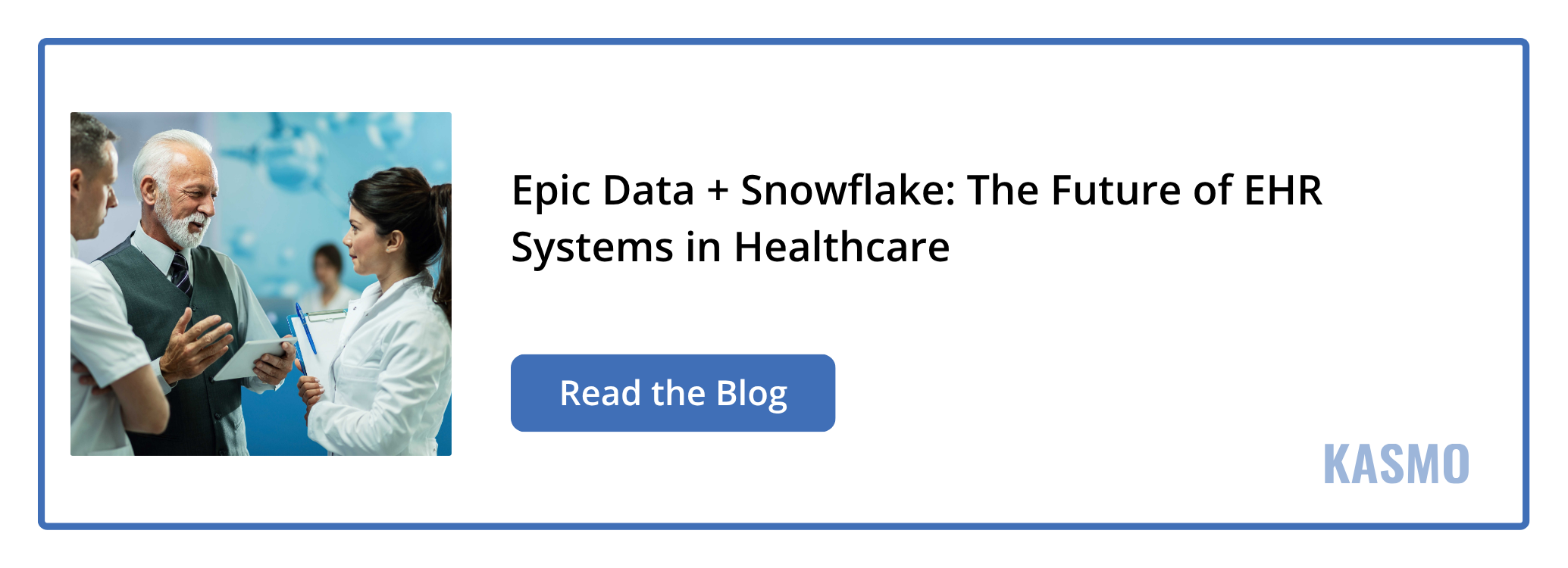
Benefits of Using AI in Healthcare Data Management
Improved Operational Efficiency
Healthcare professionals spend a significant amount of time on administrative work, such as documentation and interdepartmental communication. AI-powered tools can handle these repetitive tasks with speed and accuracy. Generative AI tools are already assisting medical professionals in summarizing patient notes, maintaining digital health records, and ensuring accurate billing, allowing doctors and nurses to dedicate more time to patient care. This leads to faster workflows, fewer bottlenecks, and lower operational costs.
Enhanced Patient Experience
According to a study done by IBM, “83% of patients report poor communication as the worst part of their experience, demonstrating a strong need for clearer communication between patients and providers”. AI technologies such as natural language processing (NLP) and speech recognition are bridging that gap. These tools help doctors deliver more personalized communications and translate medical jargon into understandable terms, to patients. This helps patients feel more informed and empowered throughout their healthcare customer journey.
AI-powered apps and chatbots are also improving patient engagement by offering 24/7 access to basic medical guidance, appointment scheduling, and medication-related support. These tools reduce the burden on clinical staff and ensure patients receive timely assistance, even outside traditional consultation hours.
Accurate and Faster Diagnoses
One of the most promising benefits of AI used in healthcare is its ability to analyze large volumes of diagnostic data faster than human experts. From radiology images to pathology reports and genetic profiles, AI can identify patterns easily. According to the Harvard School of Public Health, “using AI to make diagnoses may reduce treatment costs by up to 50% and improve health outcomes by 40%”. AI-powered models produce the most reliable outcomes for critical diseases. These systems know when to escalate to human experts, enabling a safer and more effective diagnostic process.
Better Health Monitoring and Preventive Care
The rise of wearables and mobile health apps has generated vast quantities of real-time health data. AI can analyze this data to identify early warning signs, track treatment effectiveness, and trigger alerts in case of abnormalities. This supports proactive care, especially for chronic conditions like diabetes or heart disease, where continuous monitoring is critical.
By syncing wearable data with healthcare databases, physicians can gain a more holistic view of a patient’s health outside clinical visits, enhancing both care delivery and preventive interventions.
Drug Discovery and Safety
Traditional drug development processes are time-consuming and costly. AI models can significantly reduce the need for physical testing. AI’s predictive modeling also helps pharma companies identify high-risk compounds early, reducing late-stage failures and accelerating time-to-market.
Fraud Detection and Risk Management
With an estimated USD 380 billion lost to healthcare fraud annually, AI is becoming an indispensable tool for fraud detection. By identifying anomalies in billing patterns, unbundled procedures, or unnecessary testing, AI algorithms can alert insurers and healthcare providers, so that they can protect themselves from fraudulent activities and maintain the data privacy for sensitive patient data.
Ethical AI Governance
As AI adoption expands, governance frameworks are becoming essential. Ethical concerns like data privacy, transparency, and bias must be addressed proactively. The World Health Organization (WHO) has identified six guiding principles to ensure AI in healthcare supports autonomy, promotes safety, fosters accountability, ensures equity, and remains sustainable. These frameworks are critical to ensuring that AI works not just efficiently but ethically.
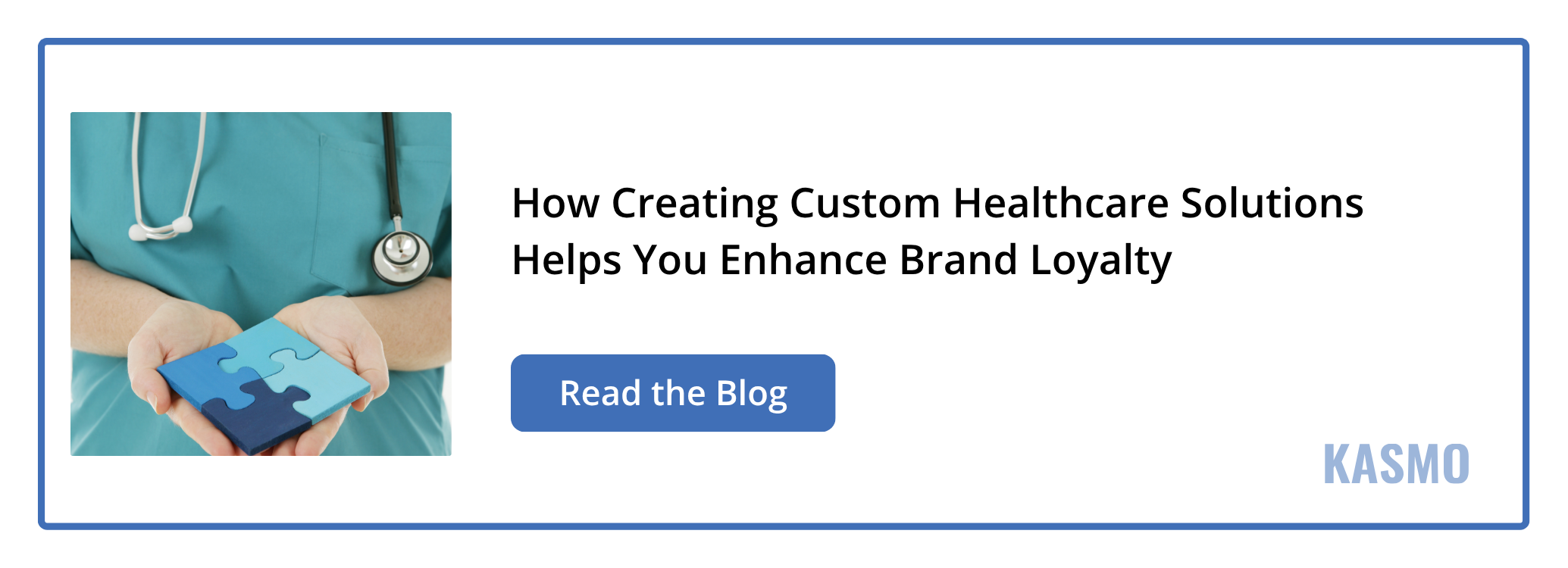
AI Use Cases in the Healthcare Industry
Using AI in healthcare is helping providers and organizations facilitate numerous benefits across clinical care, operations, diagnostics, and even drug development. From improving healthcare data management to enabling precision diagnoses, AI is accelerating innovation in the healthcare industry.
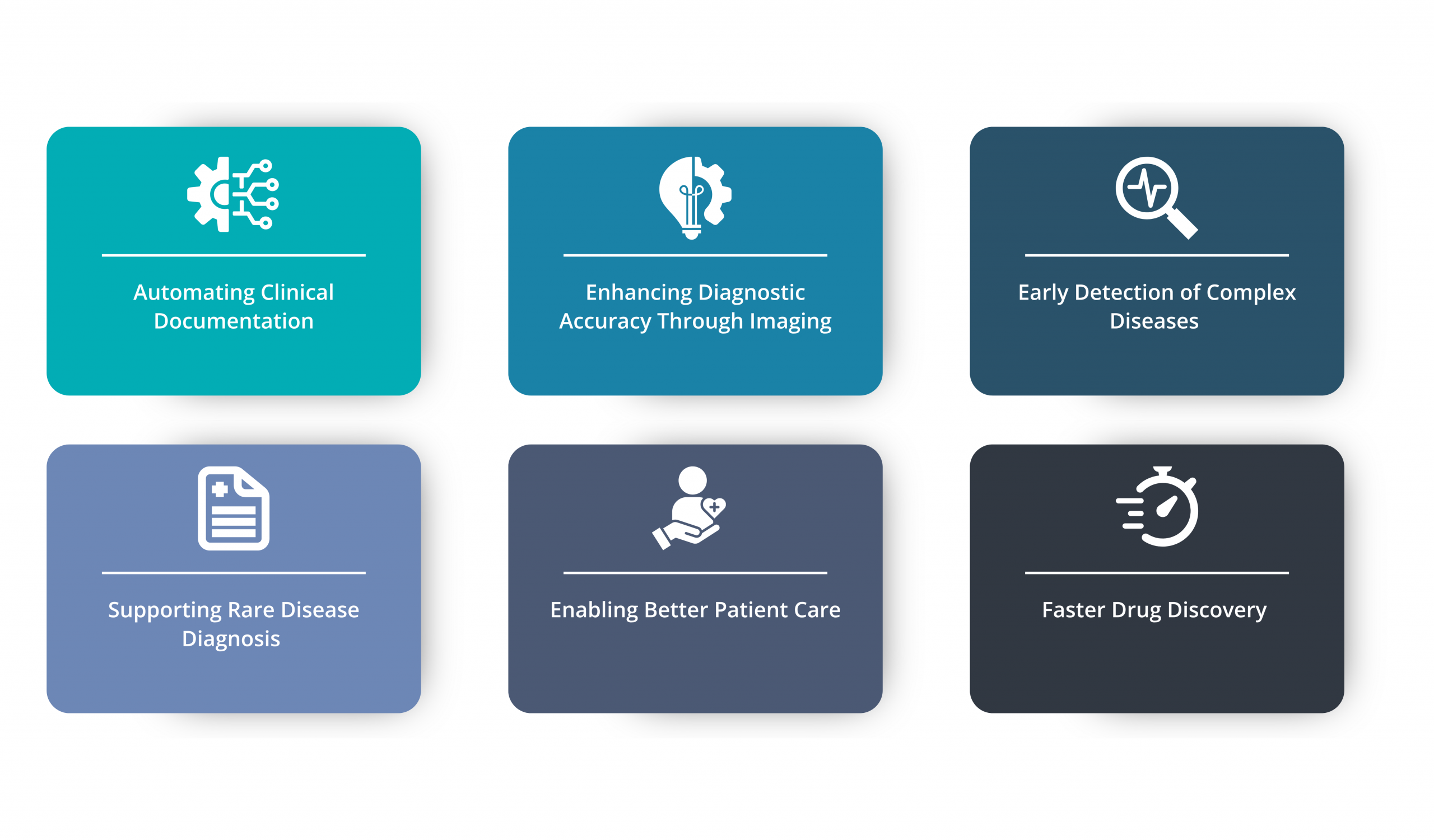
Automating Clinical Documentation
Administrative burden is one of the leading causes of less efficiency and productivity among healthcare professionals. AI-powered tools can automatically capture and transcribe medical notes, summarize patient histories, and update digital health records, enabling medical professionals to focus more on patient interaction. AI is even being used to draft letters to patients for personalized communication. These capabilities streamline workflows and enhance the efficiency of medical professionals.
Enhancing Diagnostic Accuracy Through Imaging
AI excels at analyzing large volumes of medical imaging data. In fields like radiology, cardiology, and gastroenterology, AI can rapidly detect abnormalities in X-rays, CAT scans, and EKGs, which helps doctors identify life-threatening diseases accurately. These tools help medical professionals prioritize urgent cases and reduce the time spent reviewing normal results.
Early Detection of Complex Diseases
Predictive analytics powered by AI are being used to identify patients at high risk for critical conditions. By analyzing real-time data from healthcare databases, AI can flag warning signs early and recommend preemptive interventions such as moving high-risk patients to more closely monitored medical units or adjusting post-surgical care plans. This not only improves safety but also enhances the delivery of patient care.
Supporting Rare Disease Diagnosis
Diagnosing rare diseases early and accurately has long been a challenge for medical professionals. AI can help medical professionals by scanning vast datasets to find similar cases and potential treatment protocols. By shortening the diagnostic journey, AI provides doctors with timely, evidence-backed options that may have otherwise taken weeks or months to uncover.
Enabling Better Patient Care
AI is powering the shift toward connected healthcare systems through the use of smart sensors, wearables, and remote monitoring tools. These wearable devices can monitor the breathing, sleep, and heart rhythms of patients accurately. These technologies enable passive data collection that feeds directly into healthcare data management systems, improving patient care even outside the hospital setting.
Virtual health assistants and AI chatbots are also playing a growing role in connected care. Integrated with wearables, they provide 24/7 symptom analysis, medication reminders, and behavioral guidance, empowering patients to take charge of their wellness in real time.
Faster Drug Discovery
AI is helping researchers interpret datasets ranging from genomic sequences to pharmacological records to develop drugs faster. In clinical trials, AI helps identify ideal candidates, predict responses to therapies, and reduce the need for costly trial-and-error approaches. As algorithms become more efficient, even unstructured data can be analyzed to improve drug development processes.
How Snowflake and Kasmo is Creating a Positive Impact in the Healthcare Industry
The popular AI Data Cloud platform Snowflake and Kasmo – a true-blue global Snowflake consulting partner are enabling healthcare organizations to unify, analyze, and act on data at scale. Together, they empower providers, payers, and life sciences companies to unlock deeper insights, drive better outcomes, and accelerate digital innovation across the entire healthcare customer journey.
Snowflake AI Data Cloud for Healthcare and Life Sciences provides a powerful foundation for data-driven care. Snowflake helps organizations integrate structured, semi-structured, and unstructured data into a single, secure platform. This unified view enables:
- Patient and Member 360: Organizations can deliver more personalized care experiences by tapping into real-time data across clinical, claims, and consumer touchpoints.
- Improved Care Delivery: Snowflake helps break down data silos, empowering teams to coordinate care more efficiently while maintaining strict compliance with HIPAA, HITECH, and HITRUST standards.
- Supply Chain Optimization: By delivering a single pane of visibility into procurement, logistics, and inventory risks, Snowflake enables proactive decision-making.
With direct access to live datasets via Snowflake Marketplace, healthcare and life sciences organizations can improve product launches, ensure better patient care, and measure treatment effectiveness with real-time insights. The platform also ensures secure data collaboration among healthcare providers, pharmaceuticals, device manufacturers, and technology partners, building an open and interoperable network for innovation.
Kasmo leverages Snowflake to create AI-powered solutions that address healthcare’s most urgent challenges. Our proprietary tools, Kasflow and KasMed AI Agent, are reshaping how organizations manage, analyze, and act on health data.
- Kasflow enables unified healthcare data management on Snowflake, giving organizations an end-to-end view of operations, clinical performance, and patient data all in real time.
- KasMed AI Agent, developed using Snowpark Python and Streamlit, functions as an intelligent medical assistant. It offers real-time summarization and insight generation, streamlining communication between patients, physicians, payers, and researchers. By leveraging NLP and machine learning, it can condense complex health records into actionable summaries, helping teams reduce turnaround time and improve care decisions.
Both of these solutions are designed with scalability and privacy in mind, ensuring healthcare data remains secure and compliant, to evolving regulatory standards.
Conclusion
The use of AI in healthcare is ushering in a new era of smarter, faster, and more personalized care. From enhancing diagnostics and streamlining operations to enabling real-time insights and better patient engagement, AI is redefining what is possible across the healthcare customer journey.
As digital health records, data from wearable devices, and healthcare databases continue to grow exponentially, the ability to manage and derive value from this information becomes critical. Integrating AI empowers healthcare organizations to improve patient care, reduce operational costs, and build a smooth patient journey.
But successfully implementing AI requires unfragmented data, ethical governance, and smooth cross-functional collaboration. Platforms like Snowflake and global Snowflake consulting partner like Kasmo are showing how building a robust and right foundation for your healthcare data can unlock the full potential of AI. By making data more accessible, actionable, and secure, we are helping providers and healthcare organizations build intelligent systems that scale and save lives.
